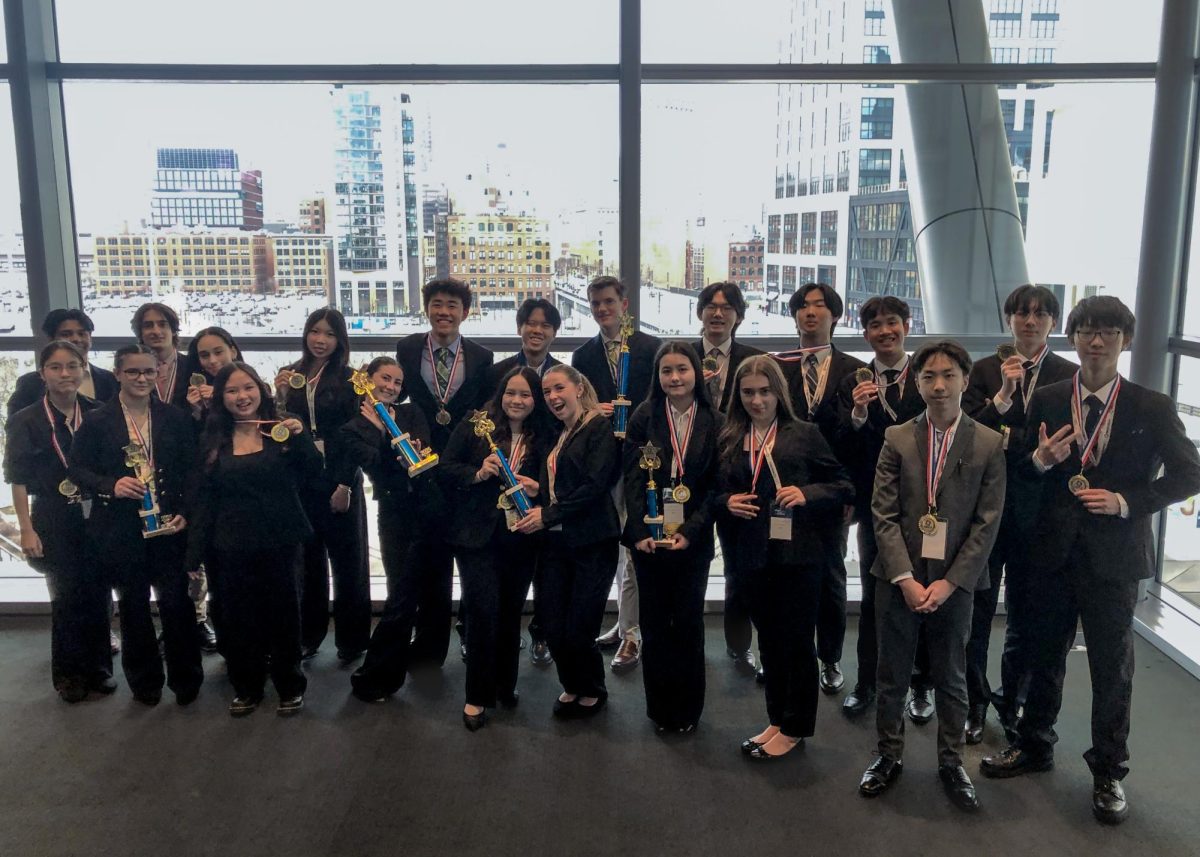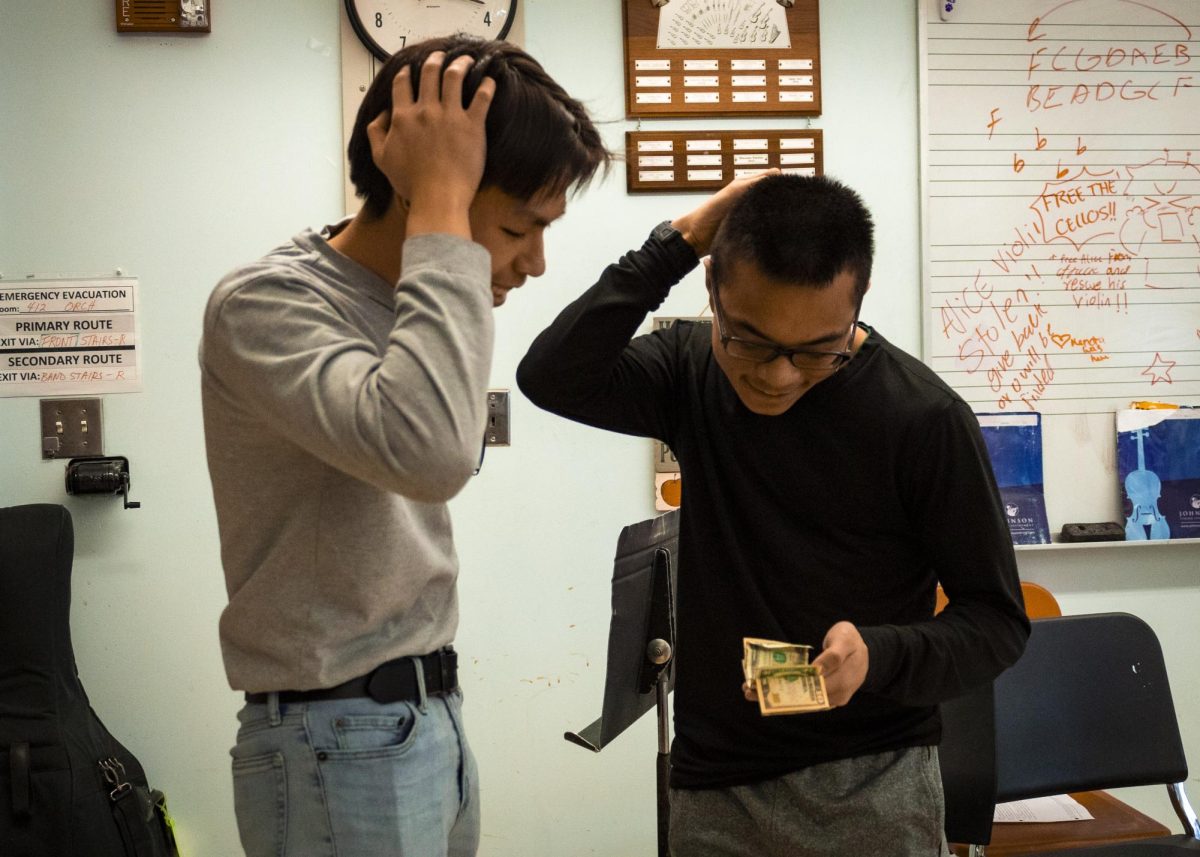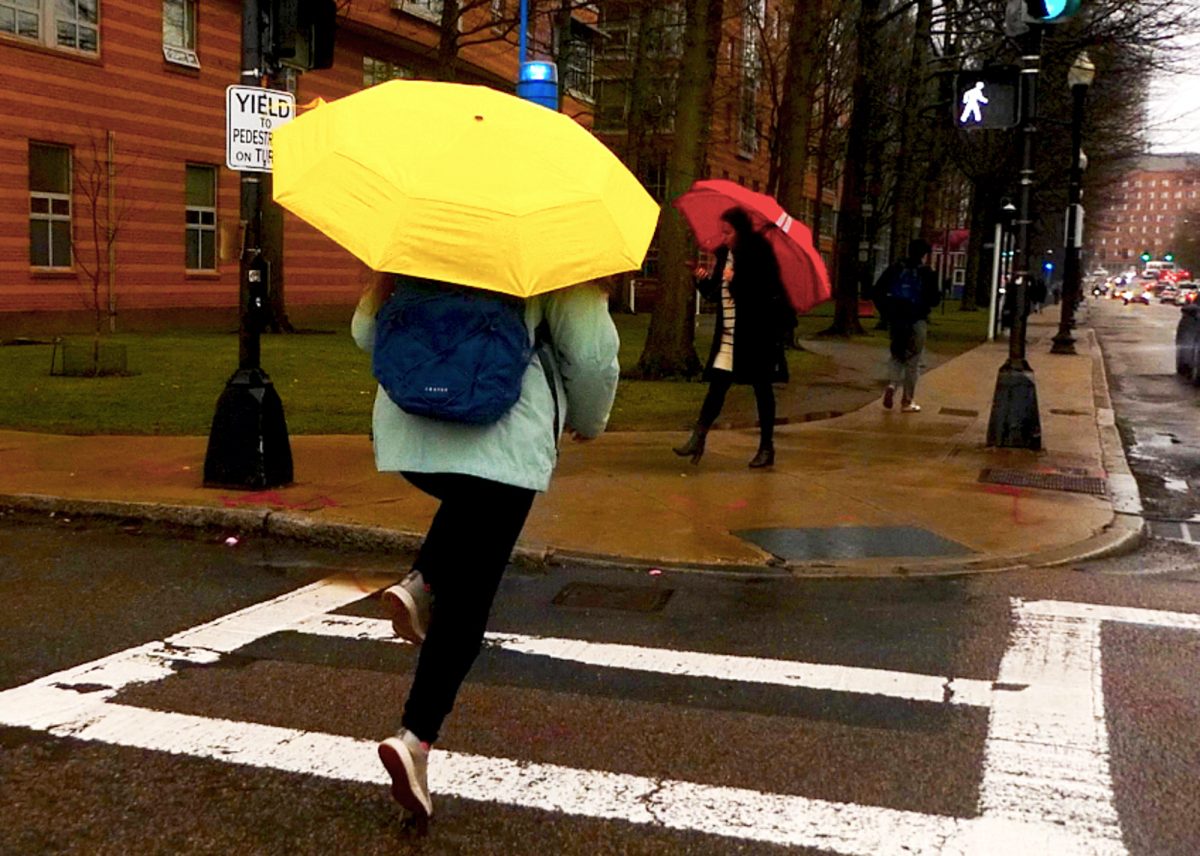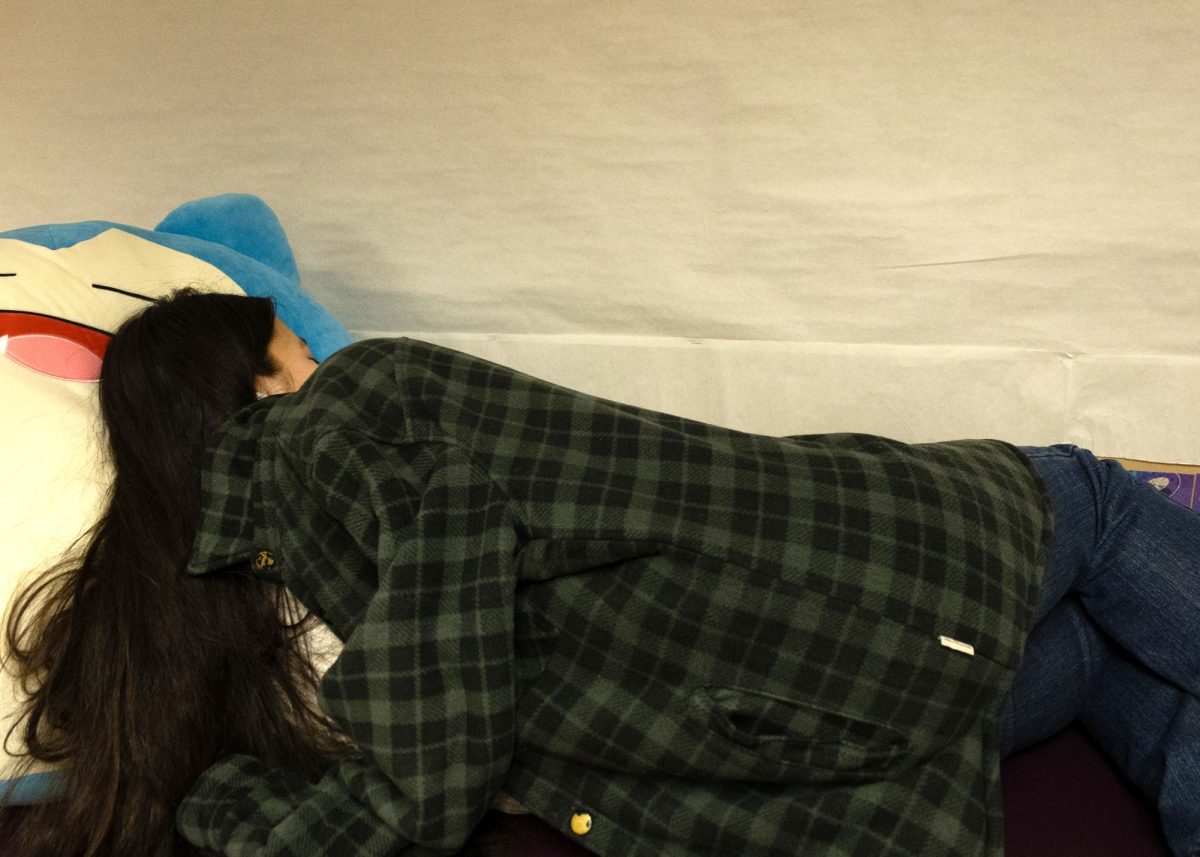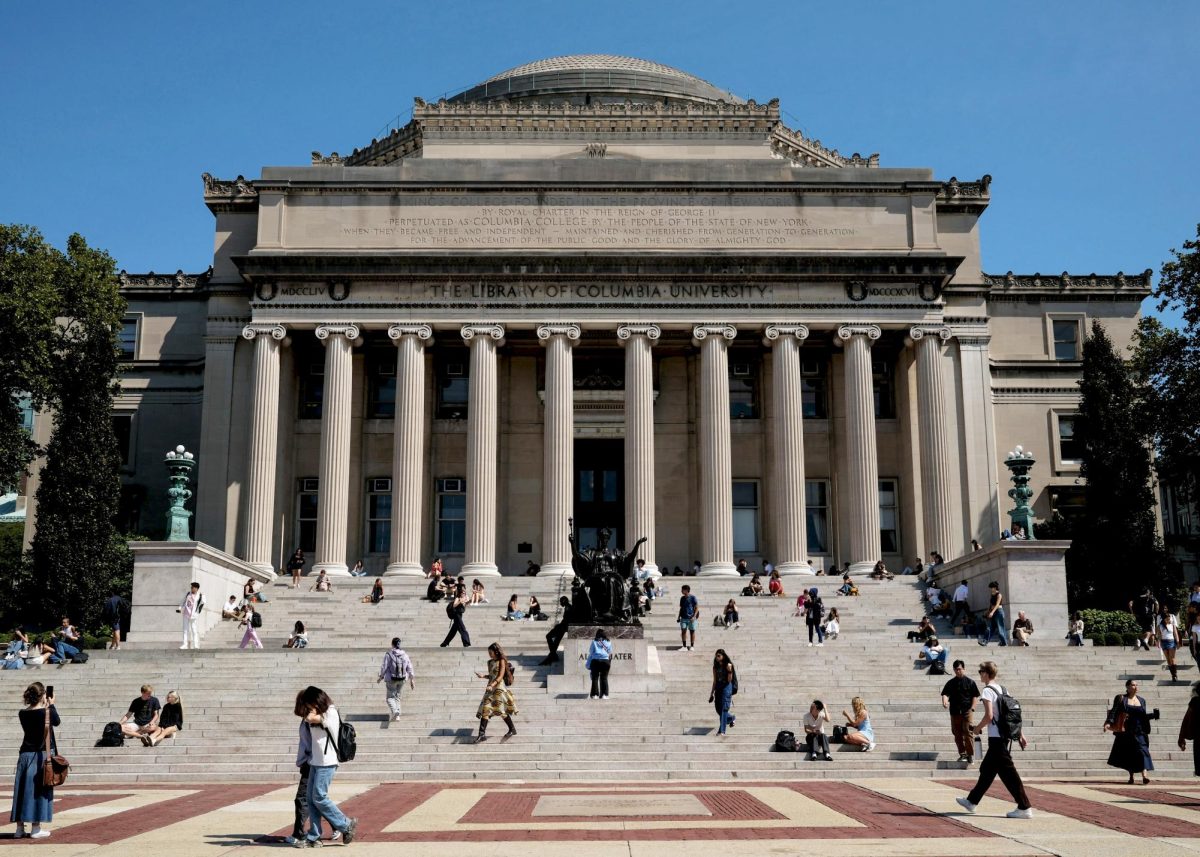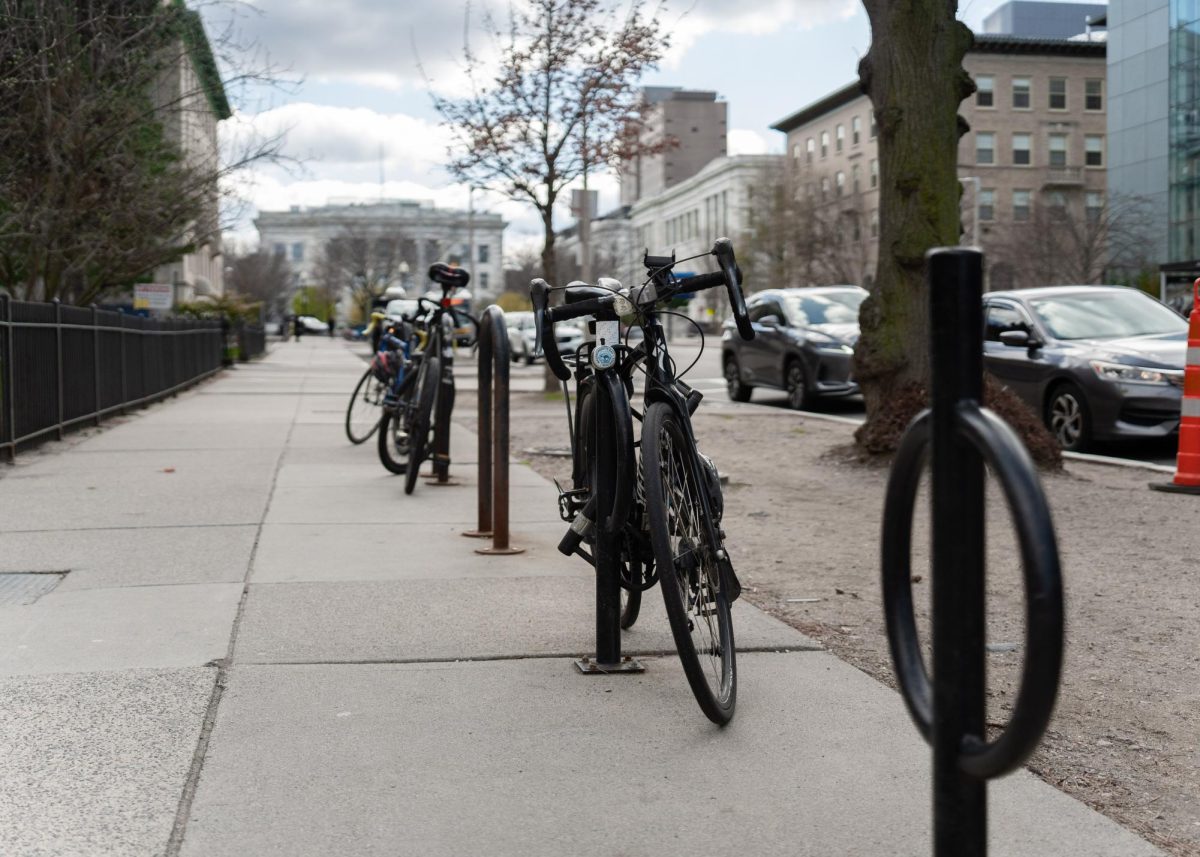The College Board recently announced their new program, AP Career Kickstart, designed to accelerate students’ journey to professional careers. Beginning with AP Business Principles/Personal Finance and AP Cybersecurity, high schoolers will now be able to enroll in courses that promise worthwhile and applicable knowledge. As other schools shift their curriculum to adopt these classes, Boston Latin School faces a choice: to follow this trend and expand its AP selection, or to maintain its commitment to a classical education by omitting new AP courses. In the modern era, it is essential to foster productive, well-rounded students who are eager to learn more than their interests to adapt to the ever-changing demands of higher education and professional careers. BLS thus should not offer these “real-world” AP classes.
BLS already offers 27 AP courses, spanning Statistics to French to Comparative Government and to African American studies. According to the College Board website, only 33 percent of U.S. public high schools offered ten or more AP courses in the 2023 to 2024 school year, far fewer than BLS. The existing AP courses are more than sufficient to introduce a range of academic subjects to students.
The logistics of instituting more APs at BLS will likely prove more troublesome than worthwhile, since teachers only have so much space in their schedules. By adding more AP courses, BLS would be spreading teachers thin, requiring them to teach new curricula to fewer sections.
Some might suggest that with BLS’s large endowment, it could simply hire more teachers to teach additional APs. BLS History Program Director Mr. Thomas Kennelly explains, however, “We’re limited as to the number of teachers we have based on our enrollment. We can’t just say, ‘oh, we’re [going to] hire ten more teachers.’” BLS lacks the resources to maintain the quality and effectiveness of additional AP courses. Mr. Kennelly adds, with the limited number of teachers at BLS, that increasing more niche APs is “a little bit of a zero-sum game where if you continue to add electives, eventually, you’re gonna have to subtract some.”
BLS prides itself in “[grounding] its students in a contemporary classical education as preparation for successful college studies, responsible and engaged citizenship and a rewarding life.” The current AP selection emphasizes math, science, English, history and foreign languages, which are core subjects to develop essential critical thinking and analytical skills as well as intellectual curiosity. Adding new, niche APs will cause students to take higher level, more complex courses without the proper prerequisites.
The vast majority of U.S. universities, such as Columbia University and the University of Chicago, require a core curriculum. By maintaining a classical education, BLS will be able to preserve the integrity of its mission: to prioritize students’ overall development, and prepare them for the future where they will have to learn something outside of their interests.
Although high school is a time meant for broadening horizons and discovering new interests and passions, it is not a period where students should be prematurely selecting their careers. Maya Koreth (I), who has taken the maximum number of APs, adds, “I see more merit in keeping the classical system because, while AP Cybersecurity and other niche APs could be helpful, those are more areas which you should explore in college.”
Some students believe that they are certain about a specific major, although according to the Student Research Group, about 80 percent of college students switch their majors at least once. It is unrealistic for high schoolers to believe that they will always have a clear, unchanging vision of their careers. They should instead build strong foundational knowledge that can support a variety of paths in college and beyond.
The introduction of new, niche APs and a general shift toward career-oriented education could also have larger-scale repercussions on society. BLS guidance counselor Mr. Samson Luu adds these courses’ prioritization of real-world skills, such as “time management, critical thinking, [and] problem-solving,” fail to recognize the need for multifaceted workers, citizens and people. For one to be an engaged citizen in democracy, they must have a base knowledge in history, civics, literature, world language and more.
In the real world, niche knowledge is not prioritized; the ability to learn and adapt is valued instead. Employers want to hire applicants who can learn and think quickly on their feet, solve problems and work in teams — all skills that a well-rounded classical education teaches.
BLS must continue to stay rooted in its classical education in order to cultivate leaders who are not only prepared for college, but will make meaningful contributions to society. Many alumni have become influential scholars in their respective fields — a testament to the effectiveness of our broad, rigorous curriculum. For instance, Dr. Cornelius Taabazuing has become an Assistant Professor in the Department of Biochemistry and Biophysics at the University of Pennsylvania, Ms. Hilary Krieger has become the Deputy Ideas and Opinions Editor for U.S. News and World Report and Ms. Robyn Casper is an attorney at WilmerHale LLP. By preserving its commitment to a foundational education, BLS can continue to produce graduates who excel in a wide range of domains.
Categories:
AP Overload: More is Not Always Better
By Angelina Wei (II) & Atticus Scovel (II), Staff Writer and Contributing Writer
March 26, 2025
0



